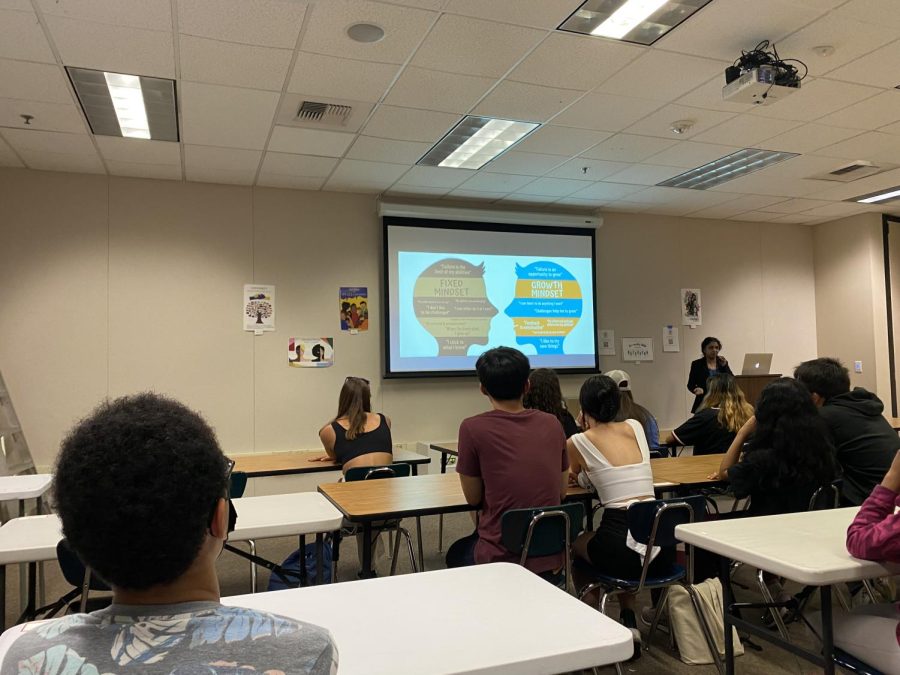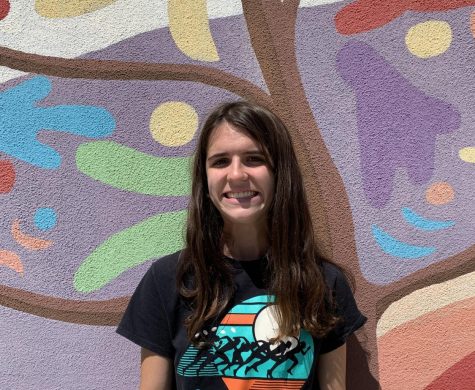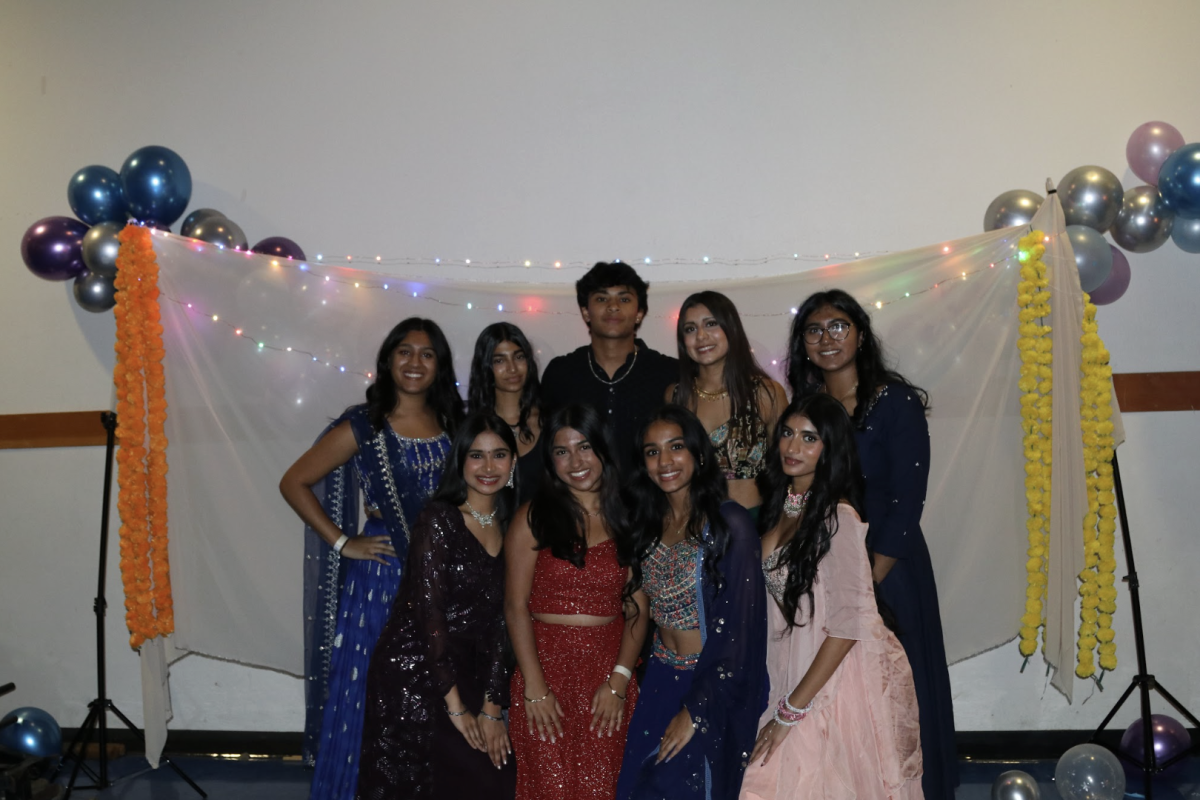Guest speaker Pramila Srinivasan addresses FCSN club
Pramila Srinivasan talks about the difference between a fixed and a growth mindset.
May 19, 2022
On May 18, guest speaker Pramila Srinivasan, CEO of an autism research center The Brain Foundation, came to Amador to speak to students in Friends of Children with Special Needs (FCSN), a club dedicated to raising awareness about special needs. The focus of her speech was having a growth mindset when it comes to dealing with autism and other special needs, and she related back to experiences with her son in order to show that those with autism and other mental disabilities are capable of achieving success.
“Autism is a lifelong disability. This is a fixed mindset thinking and this is on the top of every major description of autism, and all the association websites you will see this starting statement that autism is a lifelong disability. So you apply the growth mindset to individuals diagnosed with autism,” said Pramila Srinivasan.
Srinivasan then goes on to relay success stories about people with autism and cerebral palsy, first detailing all the ways in which they were held back and revealing how they have overcome these barriers and now attend colleges doing the things that they love.
“I find it interesting how people with autism can learn and take in that growth mindset, and they can have a future. They can actually have a normal life. It is honestly very inspiring,” said Kyle Han (‘23).
One of her success stories was from her son, Siddhu Vembu, who addressed his classmates, talking about autism and the effects it had on his life. He talks about the symptoms many might not know about, like the trouble with sleep, the gastrointestinal problems, anxiety, OCD, and impulsive behaviors.
“Two years ago I was just fine, going to high school and having fun. Then suddenly I lost 25 pounds, had constipation, and blood in my stool. I was very uncomfortable and very impulsive. I had OCD and became homebound and then I had a big Grand Mal Seizure. I was diagnosed with failure to thrive,” said Siddhu Vembu.
Once he was diagnosed with Inflammatory Bowel Disease, he took medication and felt happier. Facing many challenges, he was able to enroll in a NASA program at his community college and his group mates made accommodations for him, so he could share his ideas. He now attends San Jose City College.
“I go to college and take calculus exams. I go running and play tennis. I make paintings. I also am able to talk more clearly,” said Vembu.
These success stories delivered by Srinivasan helped the audience realize the possibilities people with autism still have, and the stigmas holding them back. The speech ended with Srinivasan imploring the audience to be more aware and helpful towards people with special needs, as a growth mindset for all will help them to reach their potential and live a good and happy life.
“These are just some examples to think about when you encounter someone like him in your group. It definitely helps if you are a little proactive and offer the help even before they ask for it because they feel very welcome and naturally shy to ask for accommodations sometimes but if you offer it, then they are more than happy and most of the time they are trying to challenge themselves so they are trying to do more than what you would expect, said Srinivasan.




